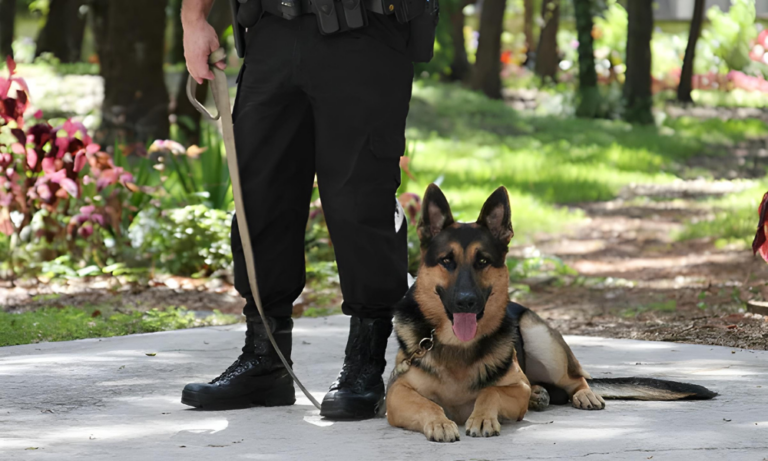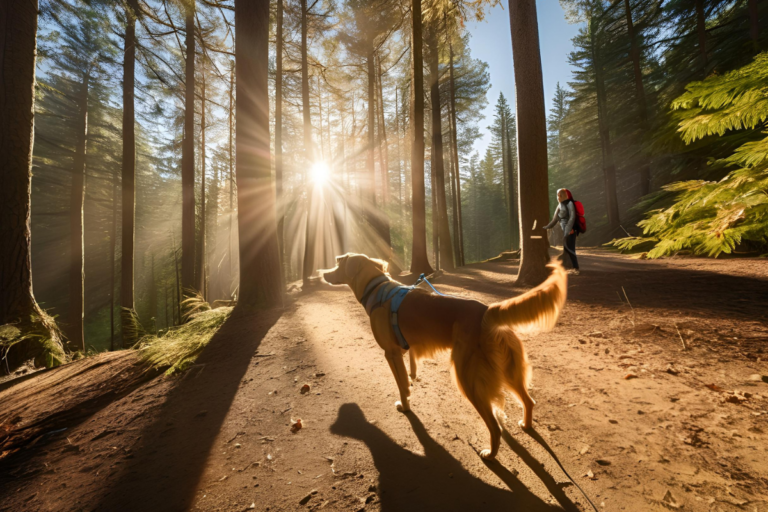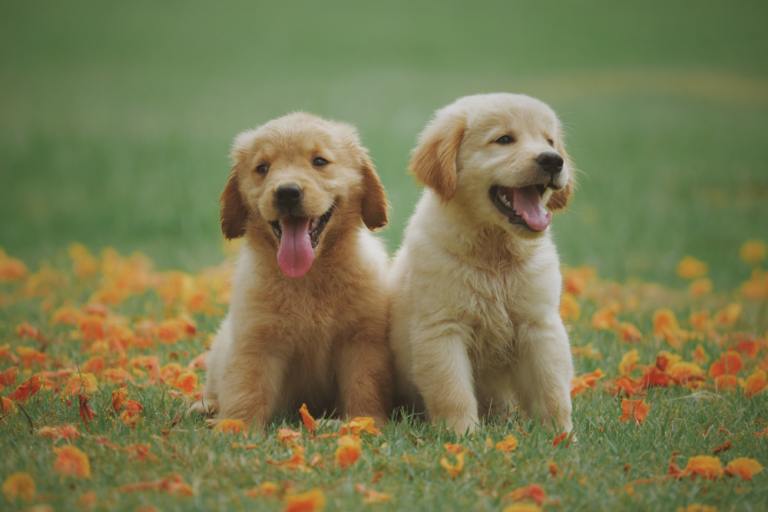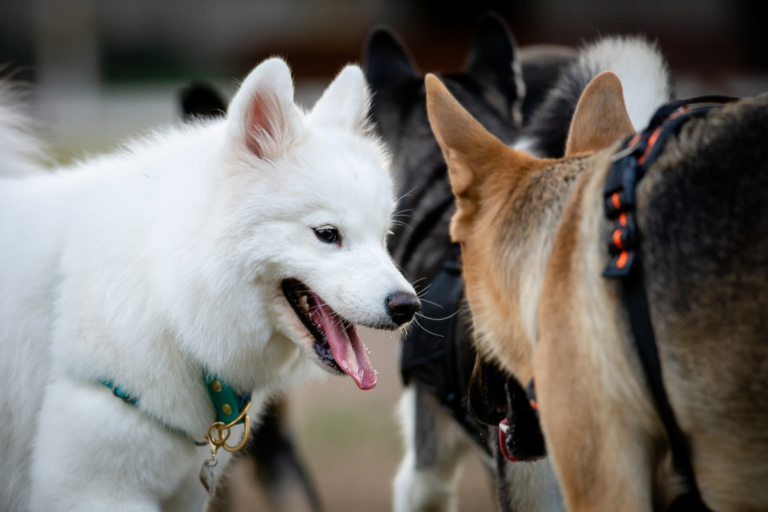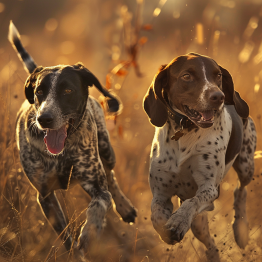Top 10 Most Barking Dog Breeds: Loudest Canines Ranked
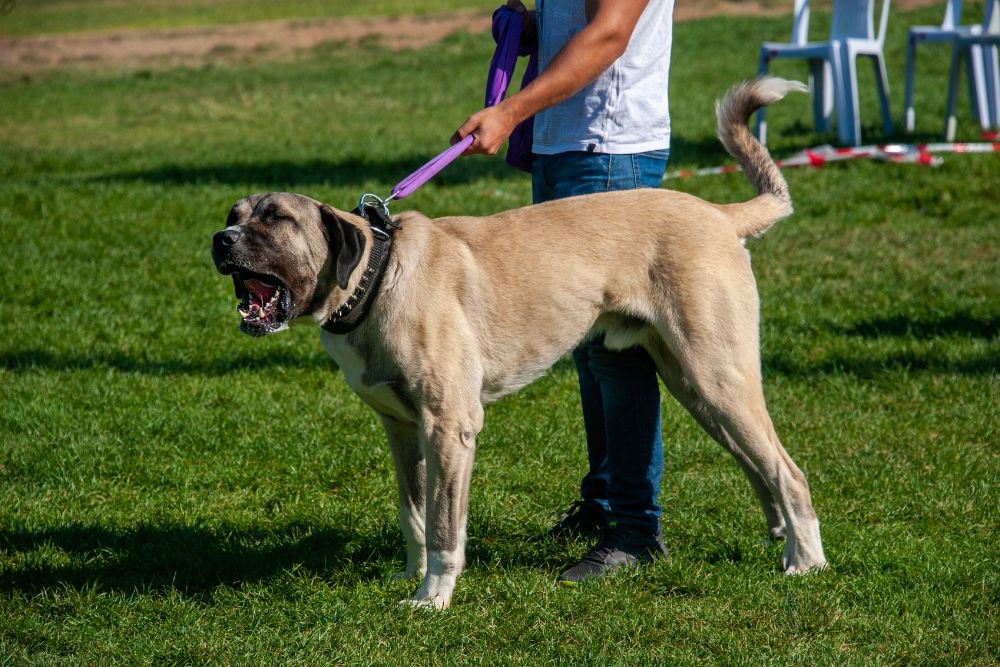
Although some dogs are naturally silent, many have an in-built instinct to bark—whether to alert their owners, express joy, or react to the environment. Certain breeds are more vocally distanced from others and can enter loud mode with just about anything.
If you want a dog that is outgoing with chatter or would rather avoid a noisy type, the top 10 barking dog breeds here could help you towards that decision.
Why Are Some Dogs Barking More Than Others?

Barking is one of the forms of communication of dogs, but some breeds are inherently tricky due to their genetic history and instincts. Factors influencing barking include:
🐾 Guarding Instincts: Breeds like German Shepherds and Rottweilers usually bark to protect their territory.
🐾 Hunting Background: Some breeds, such as the Beagle and Bloodhound, bark as an alert to hunters about certain things.
🐾 Separation Anxiety: Some dogs, the Chihuahuas in this case, tend to bark a lot due to boredom from being left alone for long.
🐾 High Energy Levels: If a breed is very active, like the Siberian Husky, then it is likely to bark when it doesn’t get enough stimulation.
🐾 Excitement or Playfulness: Simply, when dogs are happy or enthusiastic to interact, they bark.
Barking Dogs and the Home
Usually, a barking dog may have its ups and downs. An excellent guard dog can signal to you the presence of intruders or trouble. On the other hand, if it is continuous barking, you may need to work hard on it if you stay in an apartment or have other bordering neighbors. Controlling and handling the bark of dogs can ensure a peaceful home.
While most dogs bark, some breeds, including Siberian Huskies and Basset Hounds, howl. The common perspective is that barking serves more alerting purposes with excitement for a balance, while howling is considered much more of a communication signal targeted for distance.
Knowing which one, though, could allow an owner to make good sense of their dogs and what to expect from them.
Top 10 Barking Dog Breeds
10. Beagle

Beagles are considered very loud and persistent barkers. They have been bred for hunting, thus utilizing their voice to alert hunters or follow any scent trail.
🐾 Size: Small to Medium (20 to 30 lbs)
🐾 Temperament: Curious, playful, friendly
🐾 Why They Bark: They have an innate drive to vocalize once they pick up scents or feel excited.
9. Chihuahua

Chihuahuas do live large for their comparatively small size, and their huge personalities include even bigger barks. They bark quite a lot and are highly alert and territorial—most things can trigger them.
🐾 Size: Small (4-6 lbs)
🐾 Temperament: Bold, loyal, lively
🐾 Why They Bark: They have strong suspicions of strangers and are very vocal about their surroundings.
8. Siberian Husky
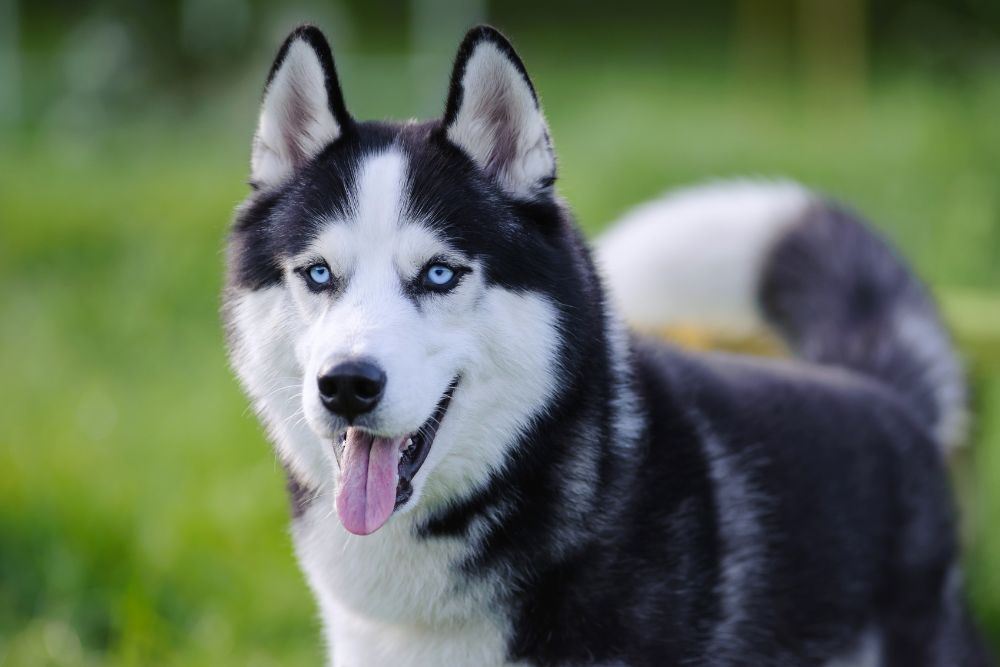
Somehow quietly, Huskies may not bark in the way of other dogs, but they are on top among vocalists. Howling for the sake of coming out and talking, these beautiful dogs enjoy chatting with their owners.
🐾 Size: Medium to Large (35 to 60 lbs)
🐾 Temperament: Energetic, playful, independent
🐾 Why They Bark: Ancestry from wolves, hence natural howlers.
7. Yorkshire Terrier

Yorkies are small but can be loud with quick, sharp barks. These little dogs were originally bred for the job of ratters—thus, they are exceedingly alert and are prone to barking at something that is not regular.
🐾 Size: Small (4-7 lbs)
🐾 Temperament: Confident, affectionate, feisty
🐾 Why They Bark: Naturally territorial, protective of their owners.
6. Dachshund

These little guys have a surprisingly loud bark, although it has sort of a deep timbre for their size. Seeing that they used to hunt badgers, we can’t deny barking was a good part of the job.
🐾 Size: Small (11-32 lbs)
🐾 Temperament: Brave, stubborn, playful
🐾 Why They Bark: Naturally alert and protective of their territory.
5. Miniature Schnauzer

Miniature Schnauzers are sweet, energetic dogs that bark often to let their owners know something is out of the ordinary.
🐾 Size: Small (11-20 lbs)
🐾 Temperament: Spirited, alert, friendly
🐾 Why They Bark: They were bred for guarding, so they bark at sights and sounds they’re not used to.
4. German Shepherd
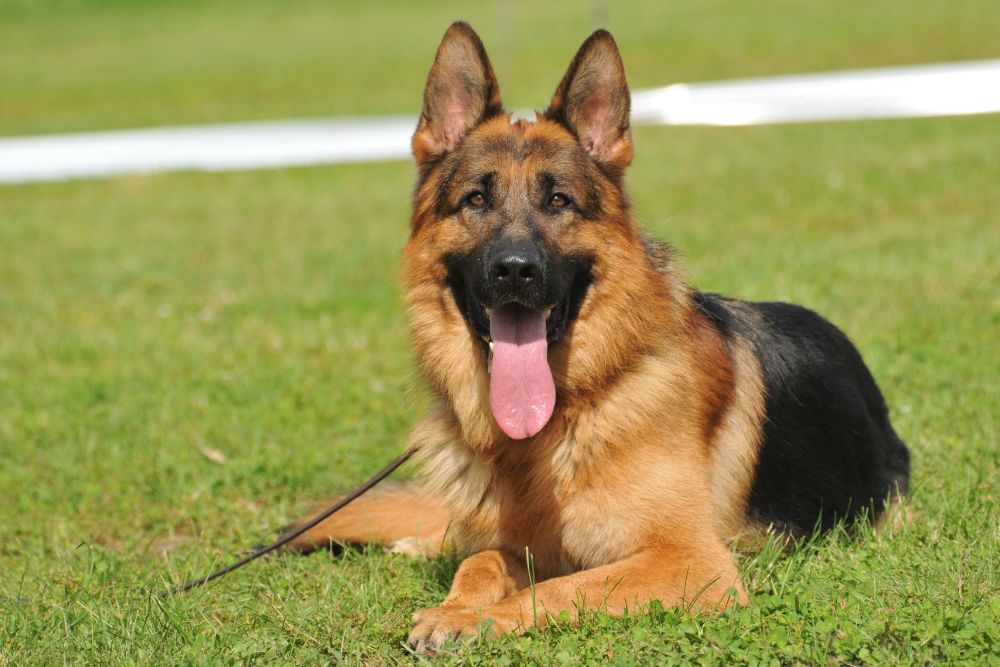
Among the many well-known guard dogs, German Shepherds are probably the generally most vocal. They bark to alert their owners and guard their homes.
🐾 Size: Large (50-90 lbs)
🐾 Temperament: Intelligent, loyal, protective
🐾 Why They Bark: They use barking for communicating danger or threats.
3. Pomeranian

Pomeranians, tiny though they are, certainly don’t hold back when it comes to barking. They are normally very alert and tend to vocalize quite a bit—especially if excited or anxious.
🐾 Size: Small (3-7 lbs)
🐾 Temperament: Playful, intelligent, affectionate
🐾 Why They Bark: Very expressive and fond of attention.
2. Basset Hound

Certainly with a deep baying bark, Basset Hounds were originally bred to hunt. Indeed, their voice carries far.
🐾 Size: Medium (40-65 lbs)
🐾 Temperament: Laid-back, loyal, friendly
🐾 Why They Bark: Their bark is used to track scents and communicate over long distances.
1. Fox Terrier

Fox Terriers are known for their fearless, energetic nature and tend to bark frequently. They were originally bred for hunting, which makes them naturally alert and vocal about their surroundings.
🐾 Size: Small to Medium (15-18 lbs)
🐾 Temperament: Energetic, brave, intelligent
🐾 Why They Bark: They are naturally alert, responding to sounds and movements with enthusiasm.
Are There Any Solutions to Manage Barking in Dogs?
Tip: Teaching the “Speak” command first should make it easier to train them when to be quiet. Should any of them bark, there are a few ways to manage that while allowing it to be as expressive as possible:
🐾 Train with Commands: Teach “quiet” or “enough” to help reduce incessant barking.
🐾 Give Plenty of Mental & Physical Stimulation: If a dog is bored, there is a higher chance it will bark like crazy.
🐾 Offer Positive Reinforcement: Praise your dog for calmness without unnecessary barking.
🐾 Identify Triggers: Knowing what causes barking makes it easier to deal with the underlying issue.
🐾 Professional Training: If it is getting out of hand, professionals could offer good solutions.
Final Thoughts: Is a Barking Dog for You?
While barking is part of a dog’s nature, it does bring up the issue of ensuring another family member’s peace or the dog barking too much. However, if you want a quiet household, you would want to steer clear of the above-mentioned breeds.
Some dog breeds are indeed good talkers and love to keep you updated about everything going on around them. If you are lucky enough to have one of these, then you have the perfect dog!
Before you get started with the more vocal companions, think about where you live, how you feel about noise, and how much time you can devote to a talkative dog when it comes to training them. As proven, loud dogs can and do make loving family pets when the right training and love are given.
Does your pup have something to say? Let us know in the comments down below!
Discover the top 10 breeds that are perfect for snuggles and companionship!
👉 Meet the Fluffiest Pups Now

